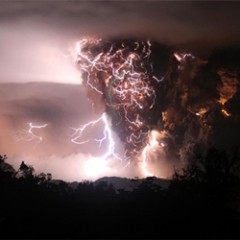The recent news of the heat wave in India comes as a nasty shock, right after the devastation of the Nepal earthquake earlier this year in April and May. Reports of over 2,200 people dead due to heat stroke from the extreme temperature and pictures of melting roads sounds like something from a post-apocalyptic movie, not breaking news happening in real time.
The fact is, many of us forget how easily Mother Nature can affect the places we in, be it sunny Equator or temperate four-seasoned countries. Remember the 2011 earthquake in Japan? The Haiti earthquake in 2010? Hurricane Katrina in 2005? Or the Indian Ocean tsunami in 2004? These are just a few examples of the destructive force of nature in the past decade, which resulted in the loss of thousands of lives and millions of homes.
Closer to home in Malaysia, we often experience floods in places like Kelantan, Terengganu, Pahang, and Johor. Although not even half as horrifying as the major disasters mentioned above, many people still have their lives turned upside down during and after the floods. They have to abandon their homes and livelihoods, only to come back to mud-stained or destroyed homes, their contents sometimes broken beyond repair. The cost of repairs and getting everything back in order is not small, and yet people persevere. They adapt and move on, showing a resilience that only those who have similar experiences can understand.
Every time I see news reports of natural disasters and the destruction they leave behind, I am humbled and grateful that we live in a country that is relatively safe from most major catastrophes like earthquakes, volcanoes, hurricanes, tornadoes or blizzards. The ones we do encounter are fairly minor in comparison, and we are able to contribute funds or items to areas that need aid.
The unpredictability and destruction wrecked by nature is such that we should try and prevent further harm to our environment and ecosystem, and to always be prepared for it. Maybe not in the sense of buying a seat on the Noah’s Ark (ala “2012”), but by playing our part to reduce our consumption of fossil fuels and non-renewable resources, reducing waste, preserving the environment, and most importantly, passing down the importance of caring for Mother Nature to future generations.






